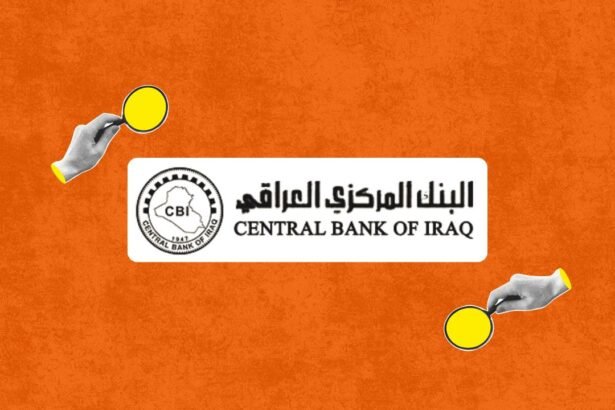Banking for Everyone: A New Era of Financial Access in Iraq
The Central Bank of Iraq (CBI) has just rolled out its first-ever National Financial Inclusion Strategy, a major step toward empowering citizens and businesses by making access to financial services easier, safer, and more inclusive.
Covering the period from 2025 to 2029, this ambitious plan aims to ensure that all Iraqis, regardless of income, location, or background, can participate fully in the country’s financial system.
What is Financial Inclusion, and why is it so important for Iraq?
Financial inclusion means making sure everyone has access to affordable, convenient, and secure financial services, like bank accounts, savings, loans, and digital payments, while protecting users’ rights. In a country where large segments of the population remain unbanked, this strategy is not just about modernizing the economy, it’s about empowering people and businesses to grow and thrive.
CBI’s move is expected to drive both economic progress and social development, helping build a more equitable and prosperous Iraq.
Key Goals of Iraq’s Financial Inclusion Strategy
CBI’s roadmap lays out a set of focused, measurable goals aimed at transforming Iraq’s financial landscape:
- ✅ Boosting access to bank accounts for individuals and businesses
- ✅ Strengthening consumer protection laws and mechanisms in the financial sector
- ✅ Accelerating the shift to digital payments and cashless transactions
- ✅ Modernizing financial infrastructure and regulations to support broader access
Each goal addresses a major barrier faced by underserved communities and small enterprises, who often lack the tools to participate in formal financial systems.
Developed Through Strong Global Partnerships
CBI didn’t take this journey alone. The strategy was developed in collaboration with several global and regional organizations:
- World Bank Group
- Arab Monetary Fund
- Alliance for Financial Inclusion (AFI)
- Germany’s GIZ (Deutsche Gesellschaft für Internationale Zusammenarbeit)
- Plus, many local stakeholders from both the public and private sectors
This collaborative approach ensures the strategy aligns with global best practices while remaining locally relevant.
CBI Governor’s Vision
Governor Ali Mohsen Al-Allaq emphasized the Central Bank’s dedication to creating a more inclusive financial system, both through national efforts and international cooperation.
“Our vision for financial inclusion is rooted in empowering every citizen with equal access to financial tools. With this strategy, we’re laying the foundation for a stronger, more inclusive economy.”
The Governor also noted that increasing financial literacy and fostering trust in the financial system will be essential components of the plan’s success.
Why This Strategy Matters Now
In a digital age where financial technology is reshaping economies, Iraq is taking a proactive step forward. The new strategy not only seeks to close the financial gap but also unlock the potential of millions who’ve been excluded from the formal economy.
From rural farmers to urban entrepreneurs, the National Financial Inclusion Strategy is set to bring everyone into the fold, fueling innovation, security, and long-term growth.




